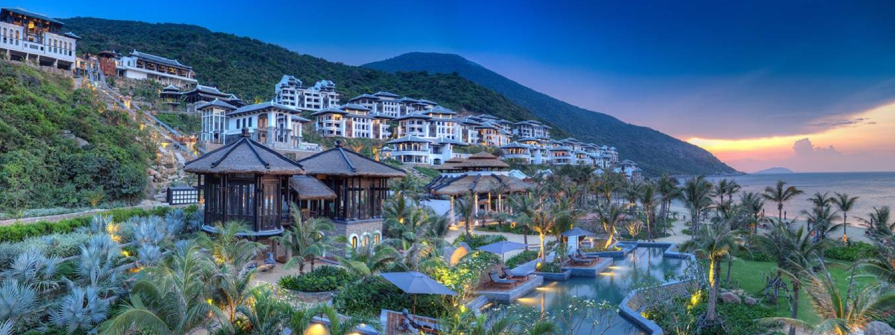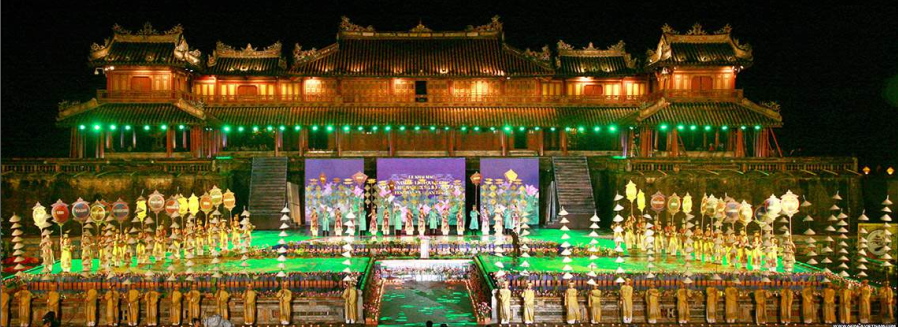
The laws of Vietnam vest ownership of land to the Vietnamese people and do not recognize private ownership of land by individuals and organizations. The State is responsible for the administration of land throughout Vietnam on behalf of the Vietnamese people. The State may grant rights to use land (“Land Use Rights” or “LUR”) in the form of land use rights certificates (“LUR Certificates”) to individuals and organizations by way of land allocation or lease. The relevant People’s Committees are authorized to supervise the use and management of land in their respective localities on behalf of the State.
Under the laws of Vietnam, the right to use land is distinct from the ownership of buildings constructed on the land. Although the laws of Vietnam do not recognize private ownership of land, they do accept and permit the private ownership of buildings constructed on such land.
Only a legal entity established under the laws of Vietnam can acquire LUR or an interest in buildings attached to land. This means that a foreign investor must establish a Vietnamese subsidiary, either alone or together with a joint venture partner, in order to acquire LUR. In this and the following, such a subsidiary is referred to as “foreign-invested enterprise“.
- If the land is allocated to a Vietnamese land user, the allocation can be, depending on the intended use of the land, on a “stable and long-term basis” or for a definite term. Land lease is always for a definite term only. A foreign developer can obtain a land lease only for the duration of the investment project. The maximum duration of an investment project is 50 years according to the Law on Investment (exceptionally 70 years if the investment project involves large amounts of capital and recovery is expected to take long, or if the project is located in an area facing with difficult socio-economic conditions). If the foreign developer strictly complies with the Land Law during the initial duration of the LUR, the lease may be extended at the discretion of the Government. No additional rent has to be paid for the extension.
- If the foreign developer obtains, in order to construct residential housing, a land lease for a lump-sum payment, or obtains land in an auction (Art. 32 Decree 84), or is assigned an investment project involving land that was initially allocated on a “stable and long-term basis” (Art. 24 Decree 84), the duration of the land lease conferred to the foreign developer may be up to 70 years and may be extended on request with the same term without payment of additional rent.





